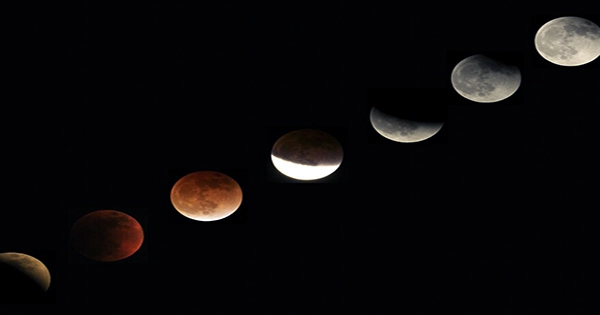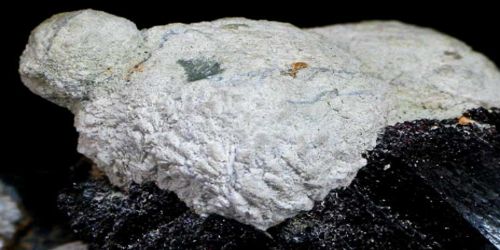Broccoli, like many other plants and microorganisms, emit gases to aid in the removal of toxins. These gases, according to scientists, could provide compelling evidence of life on other planets. These gases are formed when organisms combine carbon and three hydrogen atoms with an undesirable chemical element. This process, known as methylation, can convert potential toxins into gases that float away into the atmosphere safely. If these gases were discovered in the atmosphere of another planet using telescopes, they would indicate the presence of life on that planet.
“Because methylation is so common on Earth, we expect life anywhere else to do it,” said Michaela Leung, a planetary scientist at UCR. “Most cells have mechanisms for removing potentially harmful substances.”
Methyl bromide, one methylated gas, has several advantages over other gases traditionally targeted in the search for life beyond our solar system. Leung led a study that investigated and quantified these benefits, which is now published in the Astrophysical Journal. For one thing, methyl bromide lasts less time in the atmosphere than traditional biosignature gases.
“If you find it, chances are it was made recently – and that whoever made it is still producing it,” Leung said.
We believe methyl bromide is one of many gases commonly produced by organisms on Earth that may provide compelling evidence of life from afar. This is merely the tip of the iceberg.
Eddie Schwieterman
Another advantage is that methyl bromide is more likely to have been produced by a living organism than a gas like methane, which can be produced by microbes. However, it could also be the result of a volcano or another geologic process.
“There are limited ways to create this gas through non-biological means, so finding it is more indicative of life,” Leung explained.
Furthermore, methyl bromide absorbs light near a “cousin” biosignature, methyl chloride, making both of them, as well as the presence of life, easier to detect. Despite the fact that methyl bromide is extremely common on Earth, it is difficult to detect in our atmosphere due to the intensity of our sun’s UV light. Ultraviolet radiation starts chemical reactions that break up water molecules in the atmosphere, splitting them into products that destroy the gas.
However, the study determined methyl bromide would be more easily detectable around an M dwarf star than it is in this solar system or ones like it. M dwarfs are smaller and cooler than our sun, and they produce less of the type of UV radiation that leads to the breakup of water.
“An M dwarf host star increases the concentration and detectability of methyl bromide by four orders of magnitude compared to the sun,” Leung said.
Fig: Broccoli gas: A better way to find life in space
This is good news for astronomers because M dwarfs are more than ten times more common than stars like our sun and will be the first targets in future searches for life on other planets. For these reasons, researchers believe that astrobiologists will begin to consider methyl bromide in future missions and in the capabilities of telescopes set to launch in the coming decades.
Though the James Webb Space Telescope isn’t well-suited to detecting Earth-like planetary atmospheres around other stars, some extremely large ground-based telescopes set to go online at the end of the decade will be. They will also be better suited to studying the composition of the atmospheres of those planets.
The UCR research team plans to look into the possibility of other methylated gases serving as targets in the search for extraterrestrial life, because this group of gases is especially closely associated with life, and only life.
“We believe methyl bromide is one of many gases commonly produced by organisms on Earth that may provide compelling evidence of life from afar,” said Eddie Schwieterman, a UCR astrobiologist and the leader of Leung’s research group. “This is merely the tip of the iceberg.”
















